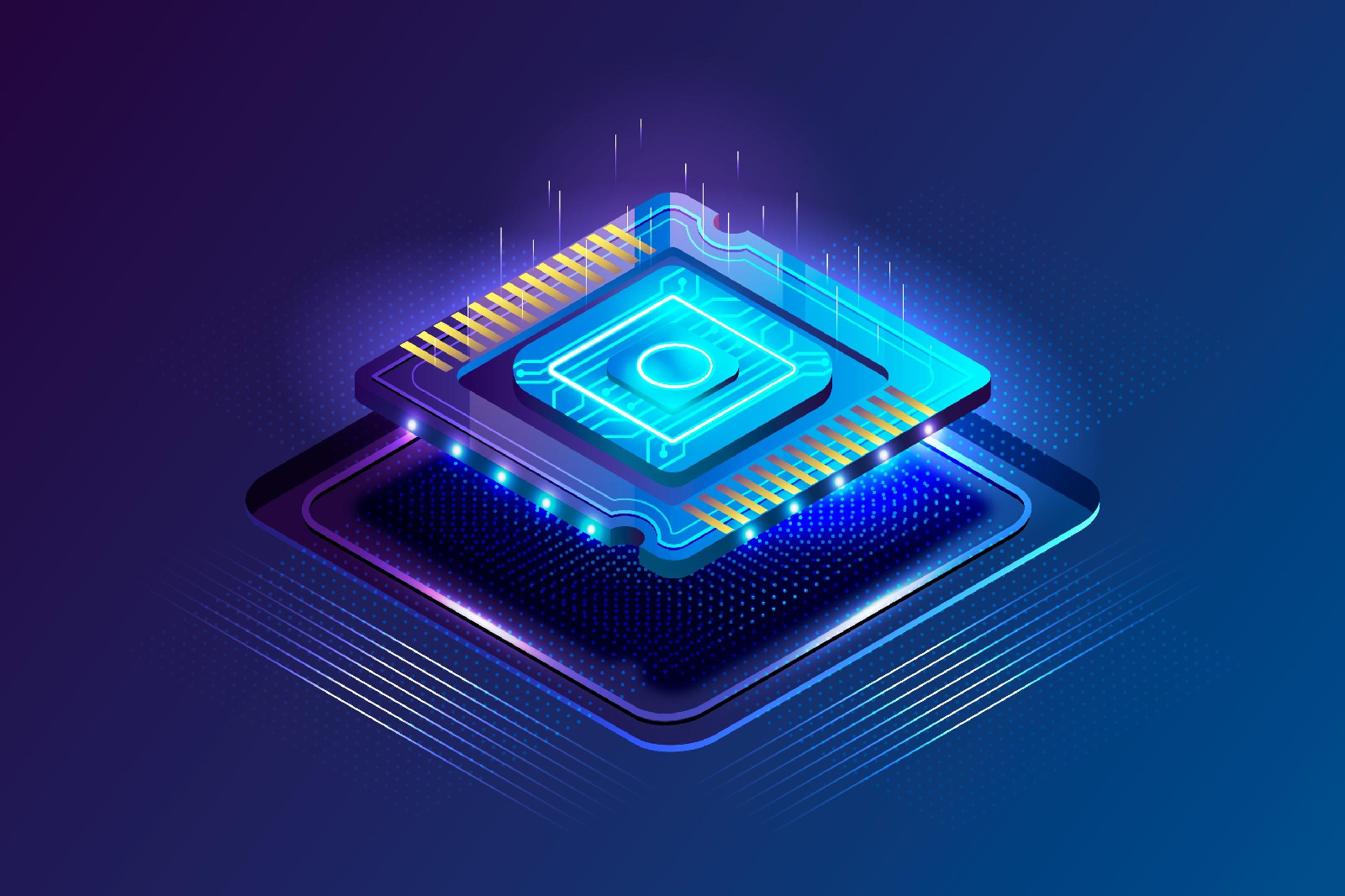Exploring the Wonders of Embedded Systems: Powering the Modern World
Introduction:
In the vast landscape of technology, there exists a silent hero that plays a pivotal role in powering our modern world - the embedded system. These small but mighty systems are the invisible driving forces behind countless devices we rely on daily, from smartphones and home appliances to automobiles and industrial machinery. In this blog, we will delve into the world of embedded systems, exploring their definition, applications, and the fascinating impact they have on various industries.
Understanding Embedded Systems:
Embedded systems can be defined as dedicated computer systems designed to perform specific tasks within larger systems or devices. They are essentially a combination of hardware and software carefully integrated to serve a particular purpose. Unlike general-purpose computers, embedded systems are optimized for efficiency, reliability, and often operate in real-time, providing instantaneous responses to critical inputs.
Applications of Embedded Systems:
1. Consumer Electronics: Embedded systems power a wide range of consumer electronics, including smartphones, tablets, smart TVs, gaming consoles, wearable devices, and home automation systems. These systems enable seamless communication, efficient energy management, and enhanced user experiences.
2. Automotive Industry: Embedded systems have revolutionized the automotive industry, contributing to advancements such as advanced driver assistance systems (ADAS), infotainment systems, engine control units, and GPS navigation. They ensure vehicle safety, optimize fuel efficiency, and provide connectivity features.
3. Healthcare: In the healthcare sector, embedded systems are extensively used in medical devices, monitoring systems, patient data management, and diagnostic equipment. They enable accurate measurements, remote monitoring, and efficient delivery of healthcare services.
4. Industrial Automation: Embedded systems play a crucial role in industrial automation, powering programmable logic controllers (PLCs), supervisory control and data acquisition (SCADA) systems, robotics, and manufacturing equipment. They enhance productivity, precision, and safety in industrial processes.
5. Aerospace and Defense: Embedded systems are integral to aerospace and defense applications, including aircraft control systems, navigation systems, satellite communication, and missile guidance systems. These systems ensure reliable operation, data integrity, and critical mission success.
Challenges and Future Trends:
While embedded systems offer incredible benefits, they also present unique challenges. Designing and developing embedded systems require expertise in hardware and software integration, real-time programming, power optimization, and security considerations. Furthermore, the ever-evolving technology landscape demands continuous innovation and adaptation to meet emerging requirements.
Looking ahead, several exciting trends shape the future of embedded systems:
1. Internet of Things (IoT): The integration of embedded systems with IoT enables seamless connectivity and communication between devices, opening up new possibilities for smart homes, smart cities, and interconnected ecosystems.
2. Artificial Intelligence (AI) and Machine Learning (ML): Embedded systems are increasingly incorporating AI and ML capabilities to enable intelligent decision-making, real-time data analysis, and predictive functionalities.
3. Edge Computing: With the exponential growth of data, edge computing aims to process and analyze data closer to its source, reducing latency and bandwidth requirements. Embedded systems play a vital role in enabling efficient edge computing solutions.
4. Security and Privacy: As embedded systems become more interconnected, ensuring robust security and privacy measures is paramount. Focus on secure boot processes, encryption, and secure communication protocols will be crucial to protect sensitive data.
Conclusion:
Embedded systems silently power our modern world, enhancing our daily lives in numerous ways. From consumer electronics to healthcare, automotive to aerospace, these systems optimize performance, improve efficiency, and drive innovation. As technology continues to evolve, embedded systems will undoubtedly play an even more significant role, shaping the future of various industries and transforming the way we interact with the world around us.





Comments
Post a Comment